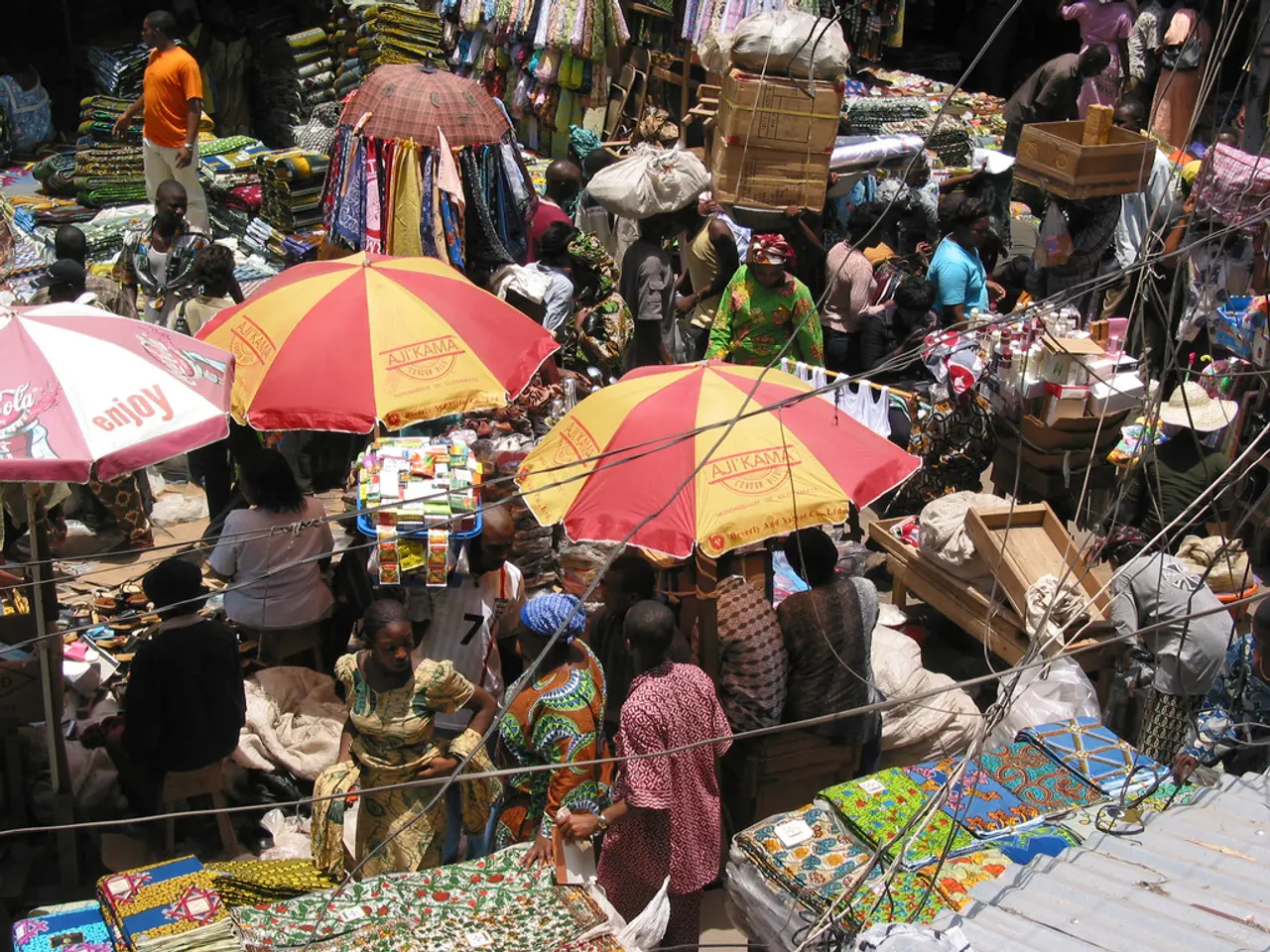Largest African Blockchain Trends of 2023, as Reported by Mariblock's Authors
In a significant move towards the formal regulation of cryptocurrencies, Ghana is set to introduce comprehensive cryptocurrency regulations by September 2025. The Virtual Asset Providers Act, to be presented by the Bank of Ghana (BoG), will include licensing rules for crypto platforms, consumer protection, anti-money laundering (AML) measures, and tax obligations for virtual asset providers.
This development reflects a broader African trend where countries such as Nigeria and South Africa are also expanding regulatory frameworks to legitimize and control digital asset activities. The regulatory focus across Africa is increasingly on licensing Virtual Asset Service Providers (VASPs), establishing AML/KYC rules, enhancing investor protection, and stabilizing national financial systems in response to increased crypto use and volatility.
Nigeria, historically more cautious in its regulatory approach, took a significant step forward in late 2023 when the central bank lifted a three-year ban on crypto transactions within the country's financial system. This decision allows crypto companies to leverage existing infrastructure, making development less expensive. However, ongoing discussions are underway towards clearer frameworks to balance innovation and risk management.
The integration of crypto payment options by Nigerian fintech companies like Stitch is equivalent to adding cryptocurrency as a payment option, similar to what traditional payment gateways like Flutterwave or Paystack have done. This move is expected to improve the user experience and increase public trust in cryptocurrencies.
In Kenya, a parliamentary committee asked the Blockchain Association of Kenya to draft a crypto bill in 2023, a potential step towards the publication of a law similar to the European Union's Markets in Crypto Assets (MiCA) legislation. Such a law could attract the capital needed to grow the ecosystem and make it more appealing to investors.
The partnership between TBD, a web3 software development arm of Block Inc., and Yellow Card, a pan-African cryptocurrency exchange, facilitates cross-border transactions across 16 African countries. This represents a significant development for crypto-based remittance.
Remittances to Africa totalled $100 billion in 2022, and the potential for cryptocurrencies to serve a larger slice of this market and impact everyday people is significant. Organisations like DFS Labs, an early-stage investor, are capitalising on this opportunity by launching blockchain funds to support African entrepreneurs building innovative digital payment solutions.
One such fund is the $8 million pilot blockchain seed fund called EchoVC Chain, launched by Nigerian venture capital firm Echo VC last April. The fund focuses on business-to-business infrastructure, decentralized finance (DeFi) and market-making solutions.
The evolving regulatory environment is expected to reduce fraud risks, improve data gathering on capital flows, and provide clearer guidance to market participants while fostering innovation in digital finance sectors. This shift from caution to formal regulation is a positive development for the African crypto industry, signalling a maturation phase for crypto governance in Africa.
- The regulation of cryptocurrencies in Ghana is set to be formalized by September 2025, with the Virtual Asset Providers Act being presented by the Bank of Ghana (BoG).
- This act will include licensing rules for crypto platforms, consumer protection, anti-money laundering (AML) measures, and tax obligations for virtual asset providers.
- Nigeria, in a significant shift, lifted a three-year ban on crypto transactions within its financial system in late 2023, allowing crypto companies to leverage existing infrastructure.
- The integration of crypto payment options by Nigerian fintech companies like Stitch aims to improve user experience and increase public trust in cryptocurrencies.
- In Kenya, a potential step towards the publication of a crypto law was taken in 2023 when a parliamentary committee asked the Blockchain Association of Kenya to draft a crypto bill.
- The partnership between TBD and Yellow Card facilitates cross-border transactions across 16 African countries, representing a significant development for crypto-based remittance.
- Remittances to Africa totaled $100 billion in 2022, and the potential for cryptocurrencies to serve a larger slice of this market is significant.
- Organisations like DFS Labs are capitalizing on this opportunity by launching blockchain funds to support African entrepreneurs building innovative digital payment solutions.
- One such fund is the $8 million pilot blockchain seed fund called EchoVC Chain, launched by Nigerian venture capital firm Echo VC last April, focusing on business-to-business infrastructure, decentralized finance (DeFi) and market-making solutions.




